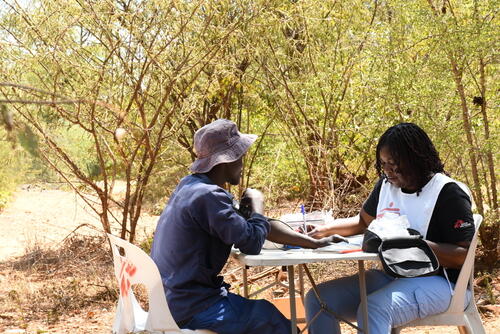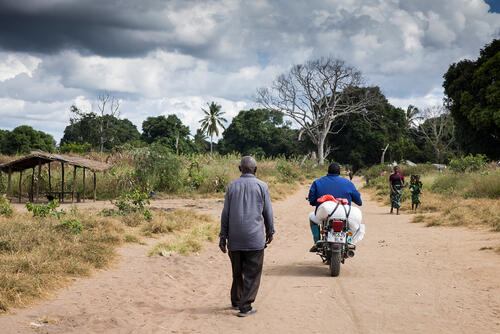
Mozambique
Learn about our medical projects in Mozambique, where we provide specialised care to help curb the country's HIV epidemic while also assisting people in conflict-ridden Cabo Delgado.
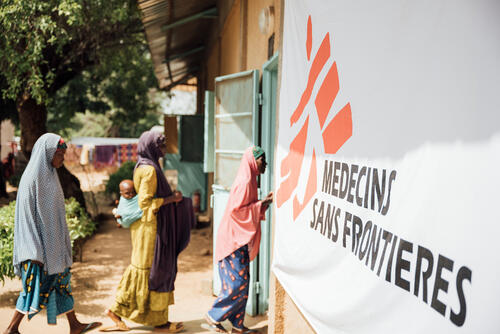
Niger
Niger is affected by violence and displacement around its border regions.
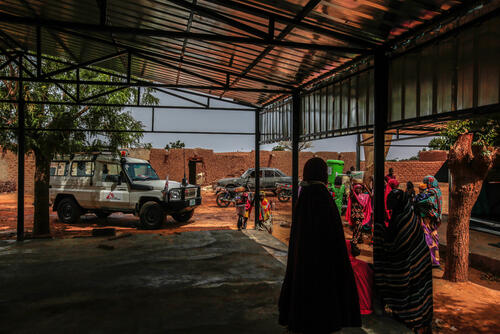
Nigeria
Regular disease outbreaks, malnutrition, and violence continue to endanger people's lives in Nigeria.
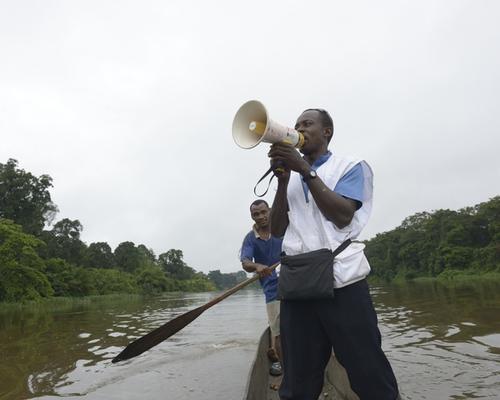
Republic of Congo
MSF first worked in Congo in 1997 and closed its projects in 2013.

Rwanda
MSF closed its projects in Rwanda in 2007.
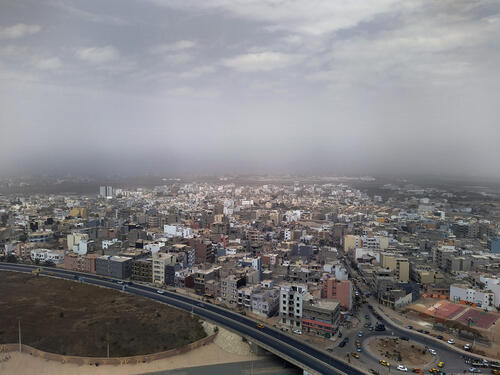
Senegal
We closed our projects in Senegal in 2020.
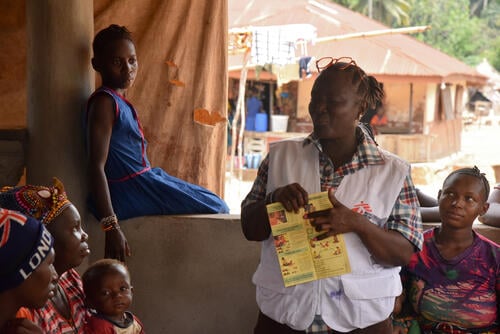
Sierra Leone
In years since the end of the 2014-2016 Ebola epidemic, during which many medical staff died, Sierra Leone is now struggling to rebuild its shattered health system.
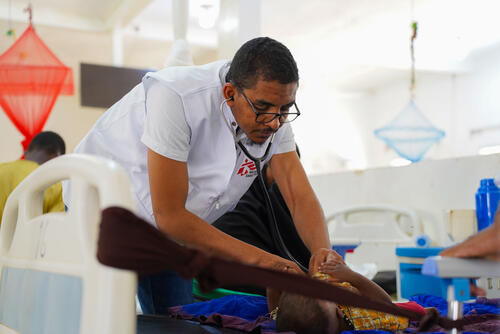
Somalia
Four years after a series of violent attacks on our staff forced us to withdraw from Somalia, we started providing much needed medical care again in May 2017.
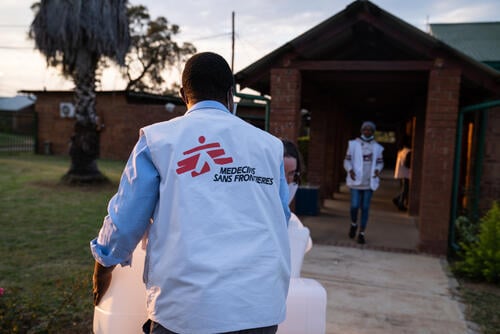
South Africa
South Africa has the largest HIV patient cohort in the world and is helping to lead the way in gaining access to new treatments for multidrug-resistant tuberculosis (MDR-TB).
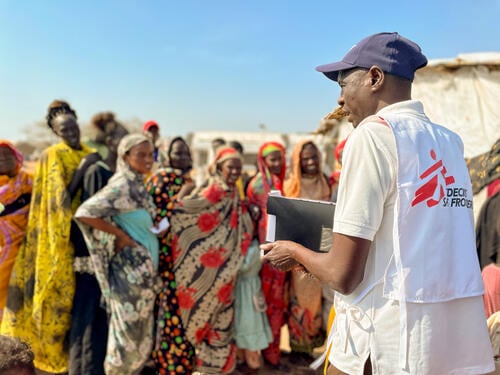
South Sudan
In South Sudan, MSF delivers one of its largest assistance programmes worldwide.

Sudan
We're responding to the conflict in Sudan in 11 of the country's 18 states.
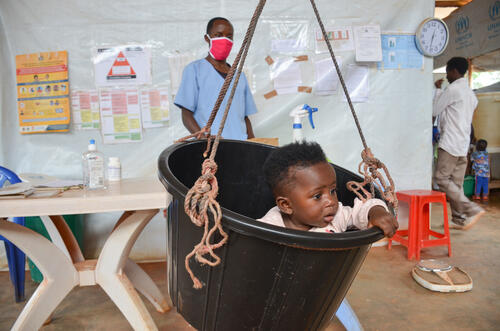
Tanzania
We provide assistance to Burundian refugees living in Nduta camp in the north-west of Kigoma region in Tanzania.
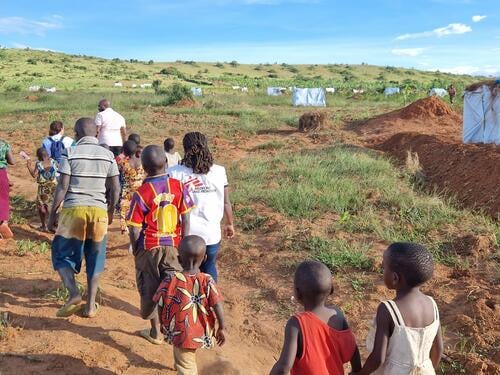
Uganda
Hundreds of thousands of refugees have fled to northern Uganda following violence in South Sudan. Uganda is currently the largest refugee hosting country in Africa.
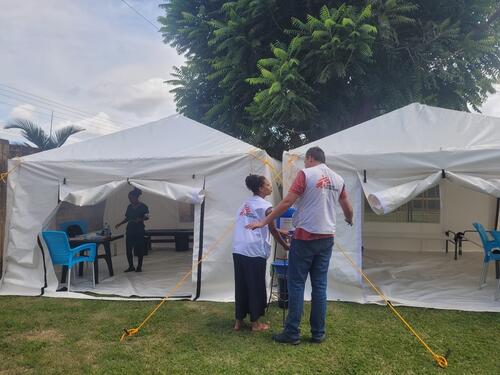
Zambia
We closed our last project in Zambia in 2018.
